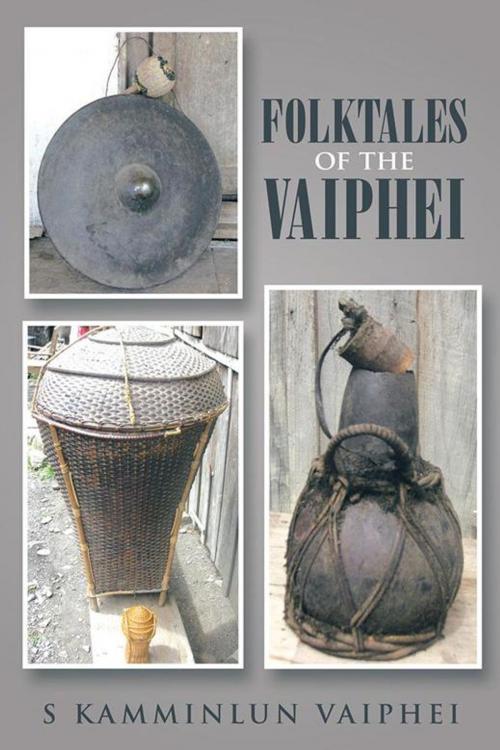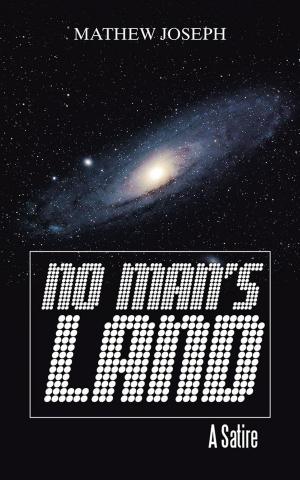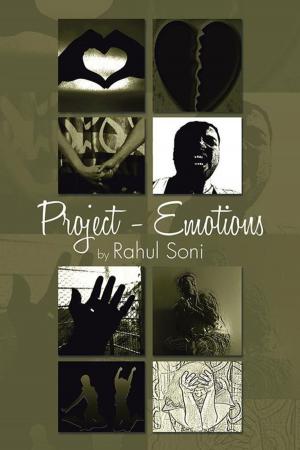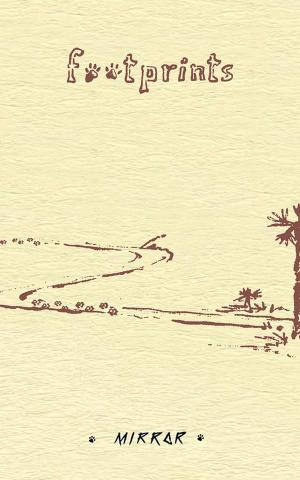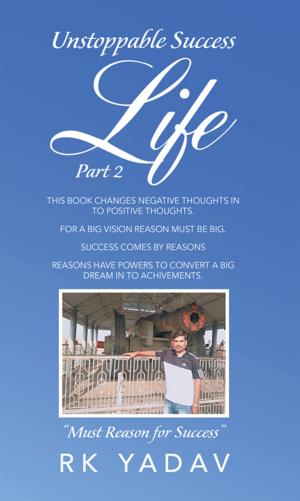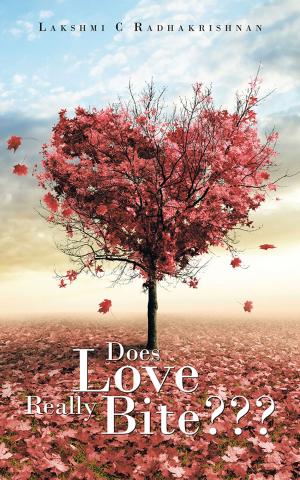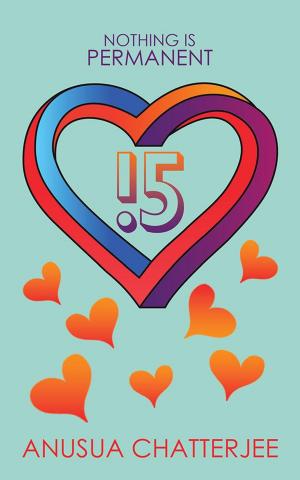| Author: | S Kamminlun Vaiphei | ISBN: | 9781482846904 |
| Publisher: | Partridge Publishing India | Publication: | March 30, 2015 |
| Imprint: | Partridge Publishing India | Language: | English |
| Author: | S Kamminlun Vaiphei |
| ISBN: | 9781482846904 |
| Publisher: | Partridge Publishing India |
| Publication: | March 30, 2015 |
| Imprint: | Partridge Publishing India |
| Language: | English |
Folktales of the Vaiphei is a collection a various tales told and handed down orally to the present generation by their forefathers. It has a deep moral significance to the day to day life of the Vaipheis. Most of the tales narrates mainly on the morality of human life. Such stories were orally passed down through generations and feature morals or lessons. In a folktale, goodness is always rewarded. Heroes and heroines live happily ever after while villains are suitably punished. On the whole, the book description are plain and simple but have deep values.The folktales of the Vaiphei reflects the totality of the attitude towards life, family, yearning for happiness, riches, comforts, fames, aspirations and dreams, love of fear and unknown, religious beliefs and practices, concepts of spiritual world or life after dead and last but not the least the traditional values that they continues to cherishes. These are also the source of their history. The Vaiphei religion was based on worshipping Dawi (magic) which has found basis on the story of Galngam. It was believed that Dawibawm which form the basis of Vaiphei religion was obtained from a spot where the river Tuiluang (Barak) and Tuilang (Irang) river converged called Santaili (deepest point). It was also said that the places where Galngam had a duel with Dawikungpu was in the present day places of Gun (Imphal river) bank and Tuiluang (Barak) river bank. Chawn (feast of merit that no ordinary person with no achievement/success can perform), Sa-aih (feast of merit after a successful hunting), Bu-aih (feast of merit afetr a bountiful harvest) etc. played a major role in the life of the Vaiphei and this is found in the tales like - Dapa, Vaphual Kisuak, Liando and his brother etc. Similarly, many of the stories and tales are considered to be the foundation of some of their believes and traditional values.
Folktales of the Vaiphei is a collection a various tales told and handed down orally to the present generation by their forefathers. It has a deep moral significance to the day to day life of the Vaipheis. Most of the tales narrates mainly on the morality of human life. Such stories were orally passed down through generations and feature morals or lessons. In a folktale, goodness is always rewarded. Heroes and heroines live happily ever after while villains are suitably punished. On the whole, the book description are plain and simple but have deep values.The folktales of the Vaiphei reflects the totality of the attitude towards life, family, yearning for happiness, riches, comforts, fames, aspirations and dreams, love of fear and unknown, religious beliefs and practices, concepts of spiritual world or life after dead and last but not the least the traditional values that they continues to cherishes. These are also the source of their history. The Vaiphei religion was based on worshipping Dawi (magic) which has found basis on the story of Galngam. It was believed that Dawibawm which form the basis of Vaiphei religion was obtained from a spot where the river Tuiluang (Barak) and Tuilang (Irang) river converged called Santaili (deepest point). It was also said that the places where Galngam had a duel with Dawikungpu was in the present day places of Gun (Imphal river) bank and Tuiluang (Barak) river bank. Chawn (feast of merit that no ordinary person with no achievement/success can perform), Sa-aih (feast of merit after a successful hunting), Bu-aih (feast of merit afetr a bountiful harvest) etc. played a major role in the life of the Vaiphei and this is found in the tales like - Dapa, Vaphual Kisuak, Liando and his brother etc. Similarly, many of the stories and tales are considered to be the foundation of some of their believes and traditional values.
